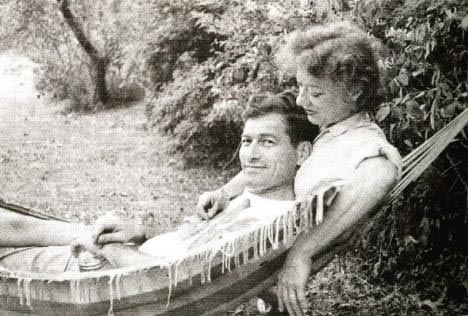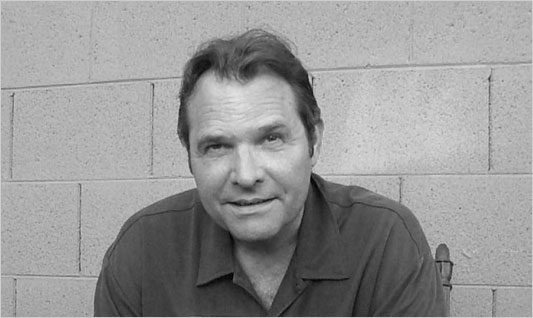from Norman Rosten's The Big Road:
Big road coming
Don’t you hear that sound
Bulldozers smashing
Through rock and ground
Start from Canada
Go way up past Tanan
Glory road building
Called the Alcan
Pick her up boys
Try her on for size
Boston to Omaha
As the crow flies
She’s a high-rolling baby
With the right of way
Not much to look at
But here to stay
Call her the oil-can highway
Call her sweat and mud highway
Call her sweet-Jesus highway
That’s the one . . .
Wheel turning, not upon stone but saga,
Endlessly between the dead and the
living.
Rider, you have begun long ago.
From coasts which knew Ulysses’ oars,
Compulsion of commerce, stirring of
migrations,
And how man did move upon the surface
of his world.
From out of the groin of Asia, the
savage tribes
Crossing an isthmus, spill down the
hemisphere,
Their paths enlarged and leading to
many wonders.
Like Janus with his faces, be multiple,
O rider as you journey between cities
Hear the thunder of wheels on the hard
Appian,
Lanes connecting, the myth of miles,
Can you hear the hooves of the caravan:
Listen to eras sing beneath your tires!
Navel of earth
feed back
origin and order . . .
From a given point on a
straight line
to erect a perpendicular
Mathematics
To plot outside of the natural contour,
Raised from the ground.
From a point outside
a straight
line to drop a perpendicular
to the line
Given the earth’s surface,
Problem to secure a right angle . . .
To survey.
Groma, instrument to align
a distant point.
Ferramentum, the iron part
which supports;
Stellata, the square frame
resting upon it,
Carrying the names of the four
directions;
Four lines from these points
suspended,
Becoming plumb lines, the true
vertical of sight;
From its center a fifth line
touching the ground,
Vertex of angle laid upon the
land.
“Having balanced the ferramentum,
you drop from the center a perpendicular
to the point of the stone.” (NIPSUS)

















